
Creating Safe Spaces in Educational Institutions That Provide Remedial Lessons and Life Skills such as Leadership, Self-Esteem, Communication, Negotiation, Assertiveness, Refusal Skills to Girls at Risk of Dropping out of School to Prevent VAWG/SGBV/HP and Access SRHR in FCT
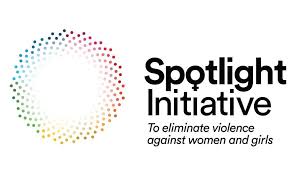
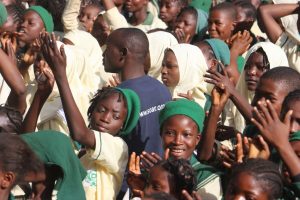
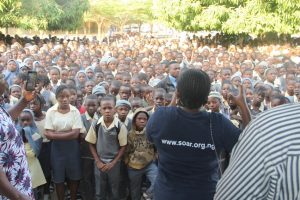
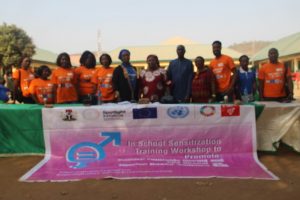
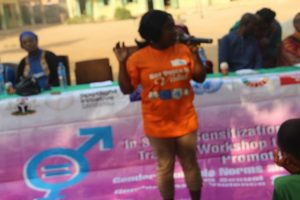


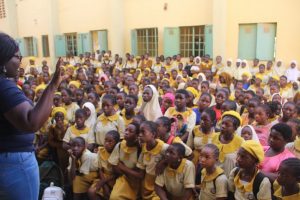

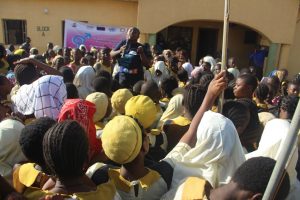
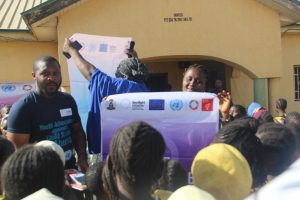
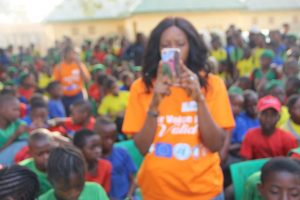


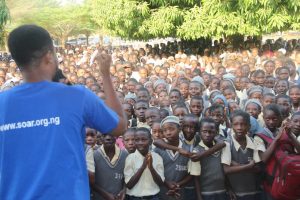
In view of the above, the Sustainable Development Goal (5) calls for focused action to address issues of gender inequality and violence against women and girls so as to end increasing violence against women and girls. One of the reasons for this focus is that sexual and gender based violence (SGBV) and harmful traditional practices (HP) such as child marriage also have several implications for girls’ health and wellbeing such as: sexually transmitted infections, mental distress and depression, self-harm, suicidal tendencies and school dropout amongst others. Girls from grassroots and slum communities particularly remain vulnerable due to high levels of poverty and inadequate knowledge about their sexual/ reproductive health, human rights and life skills needed to make informed decisions.
Beneficiaries
-
- 60,000 vulnerable girls and young boys who participate in school-based programs which promote gender-equitable norms, attitudes and behaviours in AMAC and Bwari Area Councils of the FCT
Stakeholders
- FCT Education Secretariat
- FCT Universal Basic Education Board
-
- School Management of 60 project schools
- Implementation strategy –
- Behaviour change communication meetings which will help communicate: gender equitable norms, attitudes and behaviours to prevent VAWG.
- Engaging School based decision makers and school management to secure support and buy in for smooth implementation of in-school activities.
- School based safe spaces: these safe spaces will be inaugurated as Girls Clubs in each of the 60 project schools. They will be institutionalised as officially recognised Clubs by the School Authorities thereby ensuring its sustainability after the expiration of the project activity.
- Remedial lessons to improve the learning outcomes of vulnerable girls at risk of dropping out of school as a strategy to prevent early marriage
